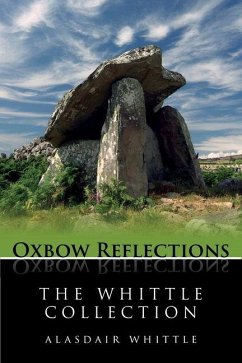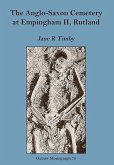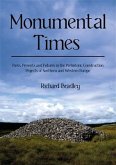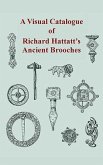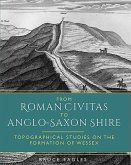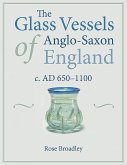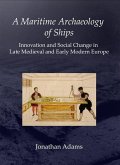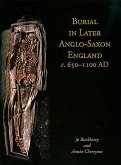Highlights Alasdair Whittle's influential research on Neolithic society, farming, monuments, settlements, and radiocarbon chronology. Alasdair Whittle is one of the most influential British prehistorians of the late 20th to early 21st century. This volume in our new Reflections series re-presents some of his most important papers published in Oxbow titles and celebrates his contribution to our understanding of Neolithic lifeways and the development of Neolithic society in Britain and Europe. The collection illustrates his pioneering work in the interpretation of both monumental and settlement sites, and the spread and nature of early farming in central and western Europe, including investigation of LBK longhouse life. Alasdair has also been at the forefront of the application of Bayesian statistics in radiocarbon dating, helping to revolutionise chronologies at a variety of geographical and temporal scales. This volume seeks to reflect some of the best of his innovative thinking and influence as seen through his publications with Oxbow.
Bitte wählen Sie Ihr Anliegen aus.
Rechnungen
Retourenschein anfordern
Bestellstatus
Storno

